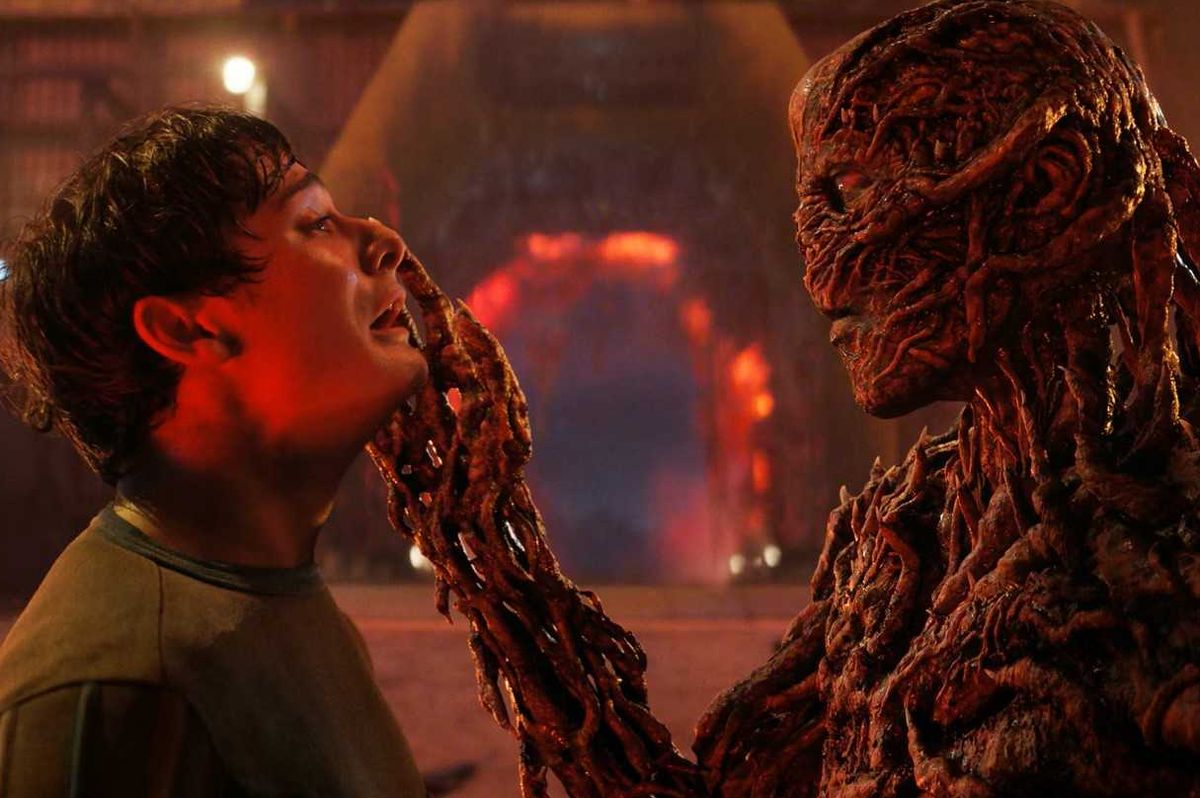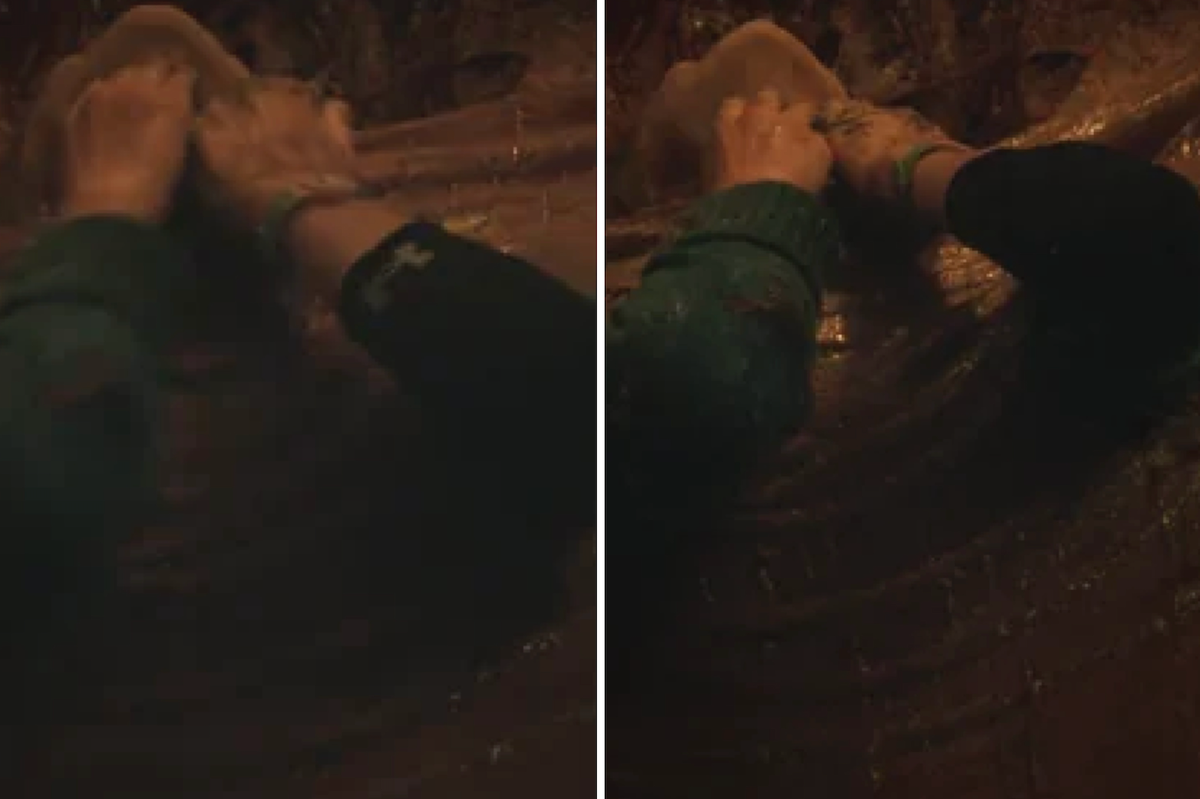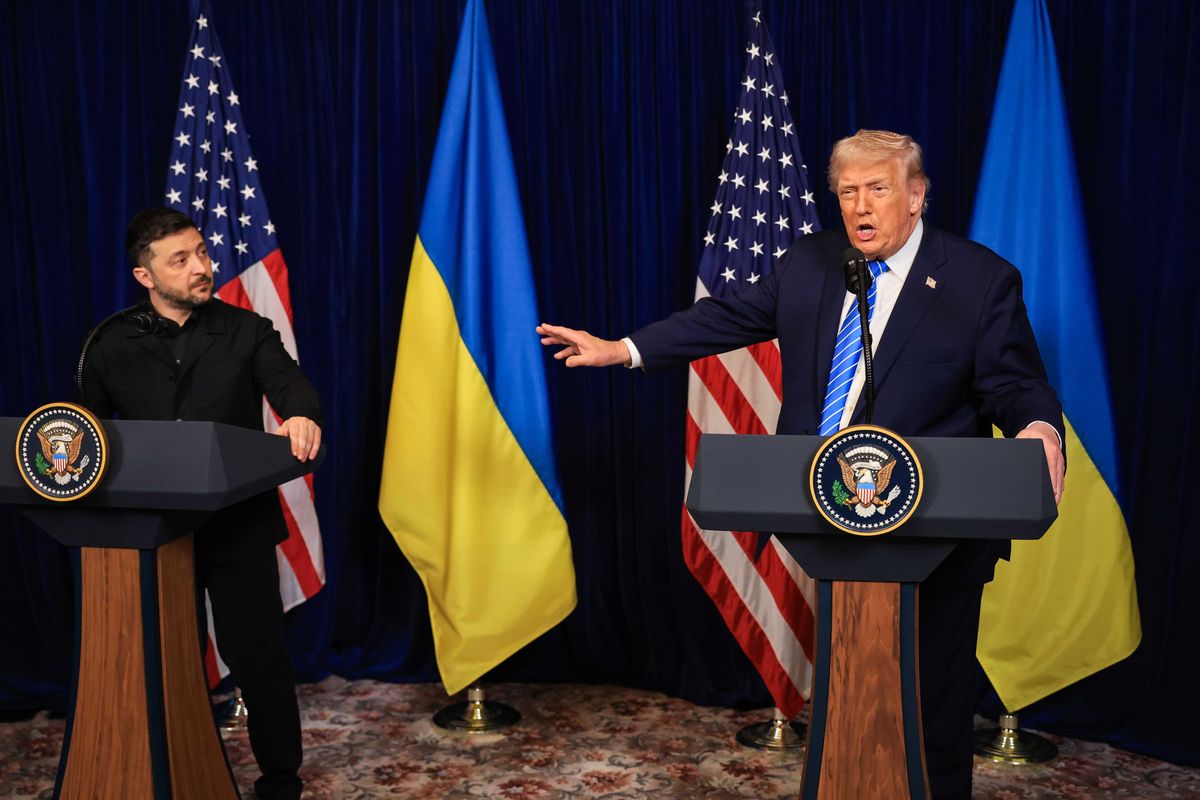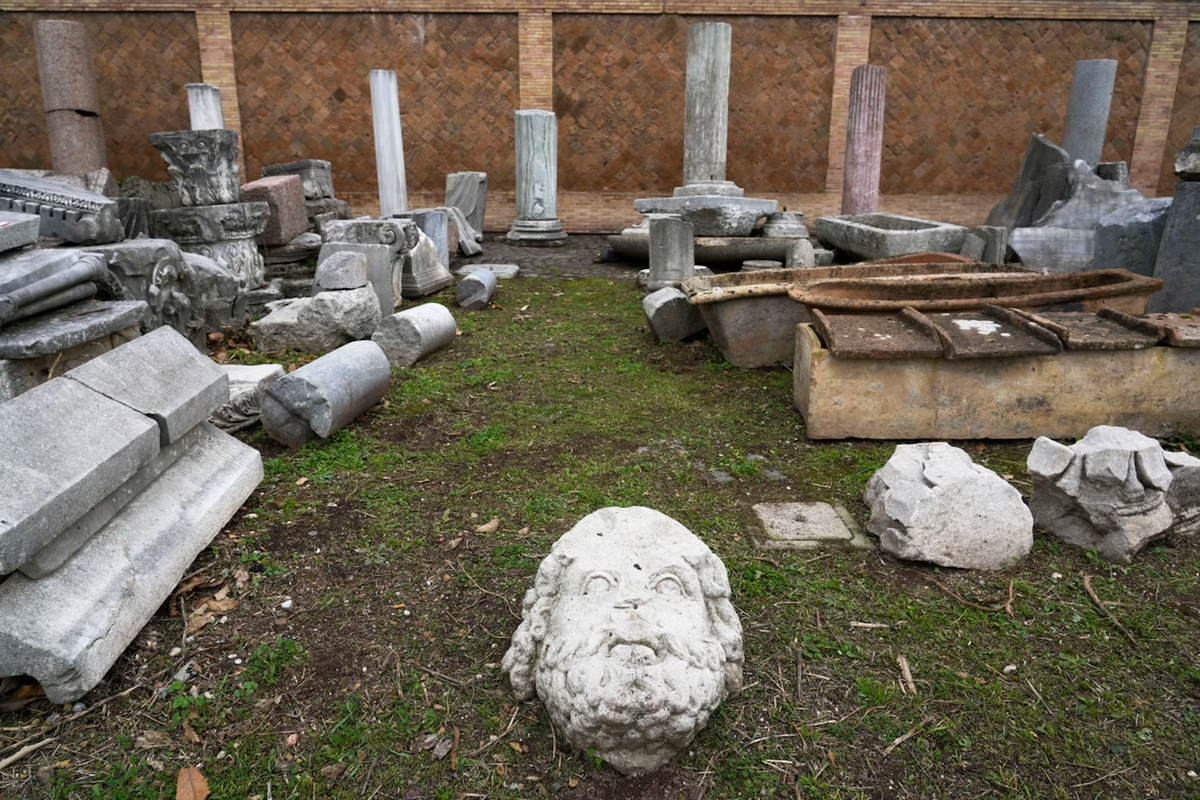News
Jessica Brown
Sep 29, 2017
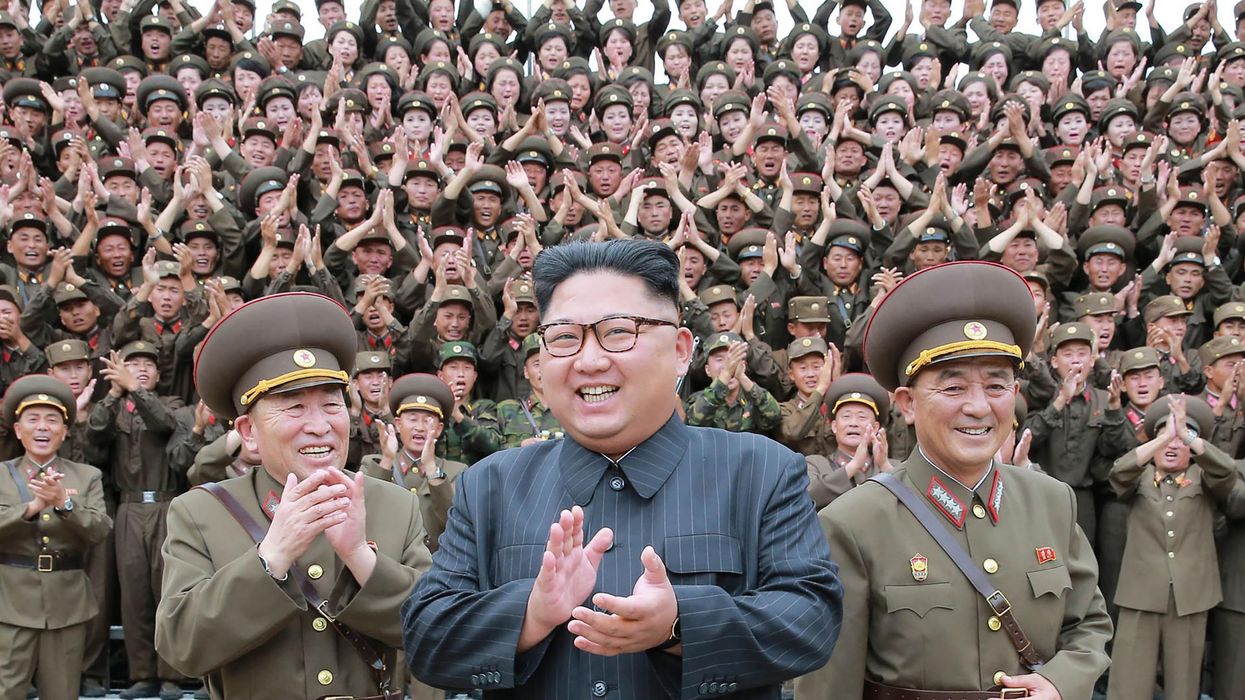
Picture:
STR/AFP/Getty Images
Rather than turn our attention to protecting the planet and working towards combating climate change, we're instead using precious resources on nuclear weapons, increasing the risk of radioactive nuclides spreading across the planet.
That’s according to Andrew Glikson in his book, The Plutocene: Blueprints for a post-Anthropocene Greenhouse Earth.
The Anthropocene, a geologic time scale specifically relating to humanity's impact on the planet, began during the Industrial Revolution around 1750, or with the creation of nuclear weapons and rising greenhouse emissions in the mid-20th century, depending on who you’re talking to.
Glikson explains how this period of climate change and human influence on the planet could be cut short, and we could enter a post-Anthropocene period which he has called “Plutocene”. So called because of a plutonium-rich sedimentary layer in the ocean and a much higher temperature.
Valleys and low ground would theoretically be flooded, and humans would have to go much higher above ground to survive.
He explains on The Conversation:
The basic laws of physics, the principles of climate science, and the lessons from past and current climate trends, help us work out the factors that will dictate our future climate.
Broadly speaking, the climate is shaped by three broad factors: trends in solar cycles; the concentration of atmospheric greenhouse gases; and intermittent events such as volcanic eruptions or asteroid impacts.
Glikson says that millions of years ago, CO2 levels declined from 2,000 parts per million to just a few hundred, which cooled the planet and created conditions for humans to live. If present-day global warming reaches predicted levels, there will be an “existential threat” to civilisation, he says.
He writes:
Earth is bound to reach an average of 4℃ above pre-industrial levels within a time frame to which numerous species, including humans, may hardly be able to adapt.
Adding:
Under these conditions, population and farming centres in low coastal zones and river valleys would be inundated, and humans would be forced to seek higher latitudes and altitudes to survive – as well as potentially having to contend with the fallout of nuclear conflict.
The most extreme scenario is that evolution takes a new turn – one that favours animals best equipped to withstand heat and radiation.
How do we stop it from happening? Stop fighting “destructive wars" and fight to save the planet. Simple.
More: Two pictures of the earth that will shock you into silence
Top 100
The Conversation (0)


